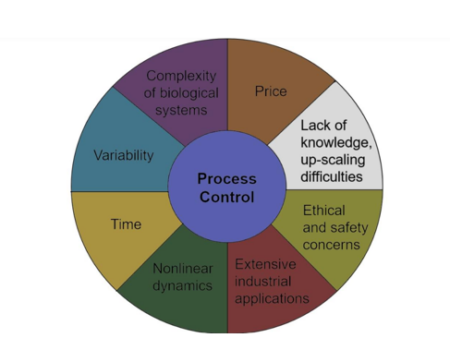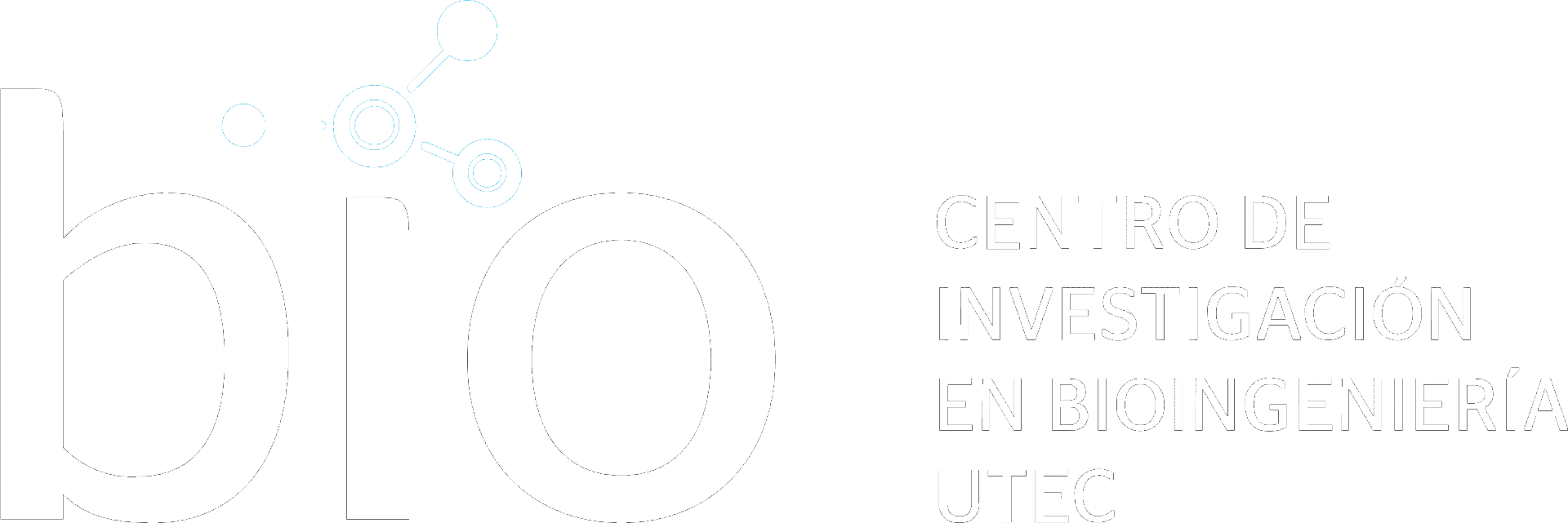
Sensors y BioMems Laboratory Bioengineering and
Chemical Engineering Department
Neurological disorders represent one of the greatest global challenges, in regard, the World Health Organization (WHO) estimates that one-third of the world’s population is affected by them. Furthermore, they are the leading cause of disability and approximately 9 million deaths each year [1]. These diseases, including epilepsy, Alzheimer’s, multiple sclerosis, Parkinson’s, etc., have been designated as “a serious challenge and one of the greatest threats to global public health” by the Pan American Health Organization, stating that if immediate action is not taken, they can become an uncontrollable problem [2].

In view of these concerns, the use of wearables to monitor and predict these diseases has taken great importance, as they can offer a more comprehensive and objective view of the patient’s condition. This is due to the collection of a large amount of real-time data, which can help identify patterns and trends that aid in diagnosis. Moreover, their ease of use is notable, as most of these devices are non-invasive and do not significantly interfere with the daily activities of patients.
Among the manufacturers of these devices, Bioserenity stands out. They obtained clearance from the UK National Health Service and the FDA since 2021 for their portable system called Neuronaute and IceCap, which are specifically designed for monitoring individuals with epilepsy. The Neuronaute system consists of a smart outfit worn in conjunction with the IceCap device. These collect data from various sensors such as EEG, EMG, and EKG. Then, with the help of a cloud platform, the data is analyzed and simplified in real-time, enabling healthcare professionals to track disease progression and make future predictions [3].

There have also been developments in devices to address neurological and psychiatric disorders such as autism spectrum disorder and attention deficit hyperactivity disorder (ADHD). These are known as portable neurofeedback devices, which allow for real-time training and modulation of brain activity. Among these devices, the Mendi Neurofeedback system stands out, which has been referred to as “the world’s most powerful brain training device for home use” by the Community Research and Development Information Service (CORDIS) of the European Union [4]. This system consists of a headband and a mobile app. The headband contains sensors based on functional near-infrared spectroscopy (fNIRS), which measure brain activity in the prefrontal cortex. The mobile app, which takes the form of a game, abstracts the brain activity into a score [5]. This device has been tested and has shown that thirty sessions of its use can be as effective as stimulant medication in controlling ADHD [6].

In conclusion, despite the significant benefits these wearables can offer and their certifications by various entities and institutions, it is important to note that they should not be seen as a substitute for medication or professional medical advice. However, they are emerging as potential key players in the field of mental health in the future.
Sources:
[1] World Health Organization (WHO) (s.f.). Brain health. https://www.who.int/health-topics/brain-health#tab=tab_2
[2] Pan American Health Organization / World Health Organization (PAHO/WHO) (August 6, 2008). Trastornos neurológicos: un serio desafío para la salud pública en las Américas y en todo el mundo. https://www3.paho.org/hq/index.php?option=com_content&view=article&id=240:2008-trastornos-neurologicos-un-serio-desafio-salud-publica-americas-todo-mundo
[3] NewScientist (June 1, 2016). NHS could soon use smart outfit to diagnose epilepsy. https://www.newscientist.com/article/2091426-nhs-could-soon-use-smart-outfit-to-diagnose-epilepsy/
[4] Community Research and Development Information Service of the European Union (CORDIS) (September 15, 2020). Una aplicación inteligente ayuda a controlar el flujo sanguíneo hacia la corteza prefrontal. https://cordis.europa.eu/article/id/422065-bringing-advanced-neurofeedback-brain-training-to-consumers/es
[5] Community Research and Development Information Service of the European Union (CORDIS) (August 17, 2022). Formación avanzada en neurorretroalimentación encefálica para consumidores. https://cordis.europa.eu/project/id/888409/es
[6] Mendi (s.f.). Will Mendi help my medical condition (ADHD, Asperger’s, Autism Spectrum Disorder, etc.)?. https://help.mendi.io/hc/en-gb/articles/360021960159-Will-Mendi-help-my-medical-condition-ADHD-Asperger-s-Autism-Spectrum-Disorder-etc-




